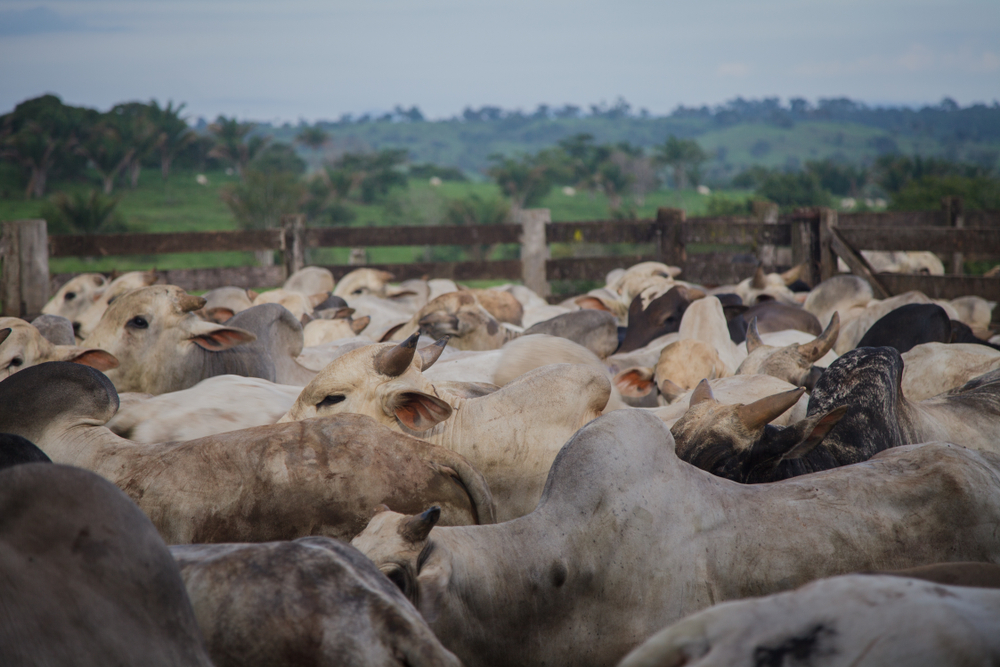Back in June, Nordea Asset Management — the investment arm of northern Europe’s largest financial services group — dropped Brazilian meat giant JBS from its portfolio. The move was over JBS’ links to farms involved in Amazon deforestation, as well as its response to the coronavirus, and the sheer abundance of corruption scandals involving the firm over the past few years.
A new report by Chain Reaction Research, a think tank that conducts research related to deforestation and commodities, helps understand just how far the blame goes. JBS’s supply chain includes — directly and indirectly — farms that may have deforested at least 1.7 million hectares of native vegetation in the Amazon and the savanna-like Cerrado biome since 2008.
That would be the equivalent of an area ten times the size of the city of São Paulo — and a whopping 8 percent of the total deforestation in both biomes, according to data from the National Institute for Space Research (Inpe).
These figures, however, are more of an educated guess, as JBS’s supply chain is very difficult to trace. “JBS’ beef operations in Brazil have an outsized deforestation risk exposure. [The company] operates 20 slaughterhouses within the Legal Amazon, [and its] monitoring of supplier compliance is limited to its direct supply. Its indirect supply chain risks remain unmitigated,” say researchers Tim Steinweg, Gerard Rijk, and Matt Piotrowski — who authored the 24-page report.
It is worth noting that deforestation is often — but not always — illegal, as the Brazilian Forest Code sets the rules for clearing space for...


 Search
Search






































